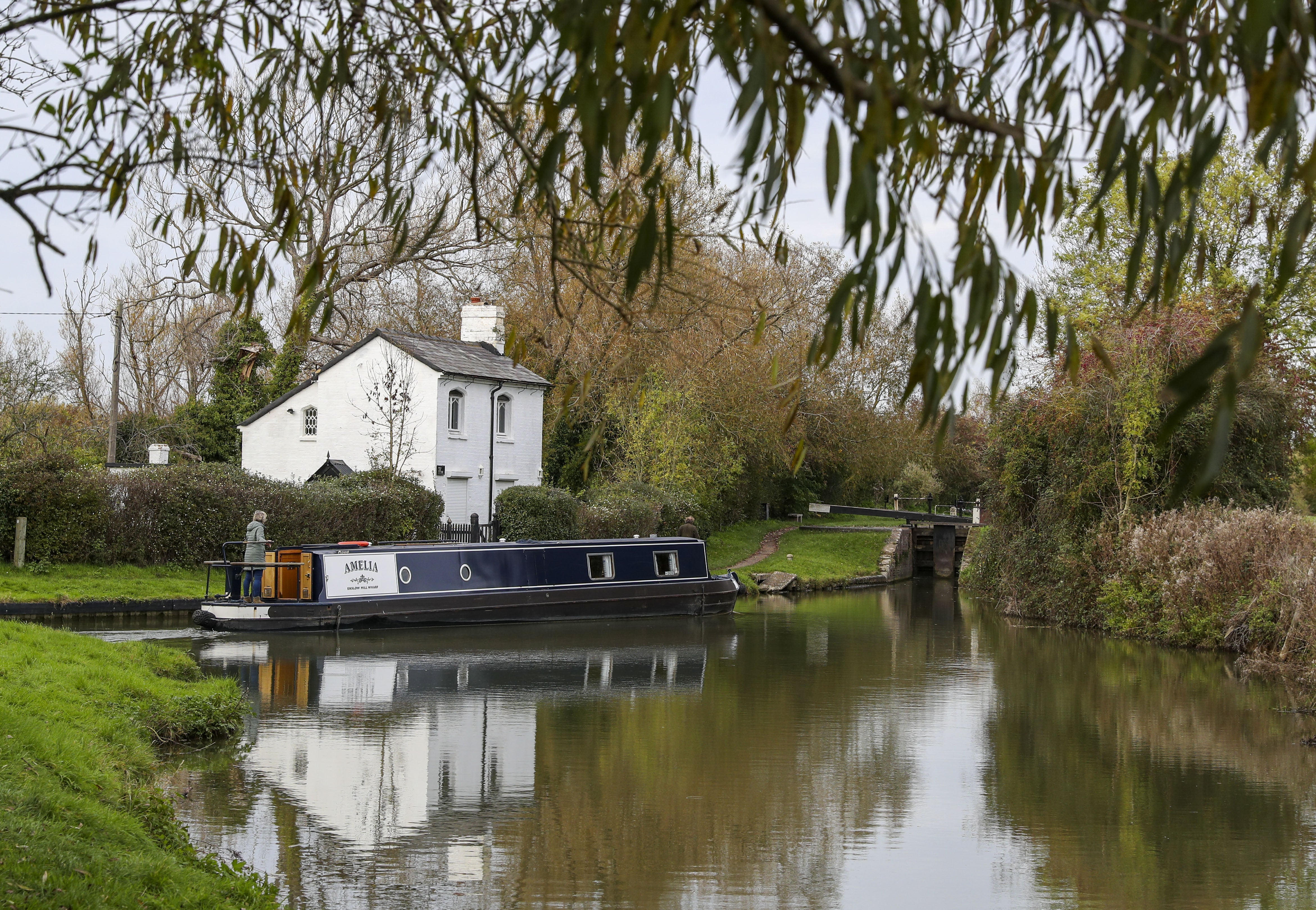Thames Water criticised after sewage release leads to cancelled Boxing Day swim
An email from Thames Water, seen by the PA news agency, confirmed an ‘ongoing sewage release’.

Your support helps us to tell the story
From reproductive rights to climate change to Big Tech, The Independent is on the ground when the story is developing. Whether it's investigating the financials of Elon Musk's pro-Trump PAC or producing our latest documentary, 'The A Word', which shines a light on the American women fighting for reproductive rights, we know how important it is to parse out the facts from the messaging.
At such a critical moment in US history, we need reporters on the ground. Your donation allows us to keep sending journalists to speak to both sides of the story.
The Independent is trusted by Americans across the entire political spectrum. And unlike many other quality news outlets, we choose not to lock Americans out of our reporting and analysis with paywalls. We believe quality journalism should be available to everyone, paid for by those who can afford it.
Your support makes all the difference.A group of swimmers in Wolvercote, Oxford had to cancel their Boxing Day dip after Thames Water informed residents of a “sewage release” on Christmas Day.
The email, seen by the PA news agency, confirmed an “ongoing sewage release” at nearby Whitney adding: “If you’re thinking of entering the river, please remember that it can take up to four days for the sewage to clear.”
The email also said: “Putting untreated sewage into rivers is unacceptable to us, but after heavy rain it’s sometimes necessary and permitted.”
Dr Fiona Palumbo Tolan, a 42-year-old academic who is part of the group, told PA she was “extremely disappointed” by the incident.
“We were extremely disappointed not to be able to swim today.
“Every week we have to check for notifications of sewerage releases before being sure that it’s safe to swim”, Dr Palumbo Tolan said.
“Personally, I find it deeply distressing that the river is made inaccessible because of pollution from sewerage.
“It seems that what should be a very last resort in the case of extreme emergency has become a very common tactic of convenience for the water companies.”
Thames Water and the Department for Environment, Food and Rural Affairs have been approached for comment.